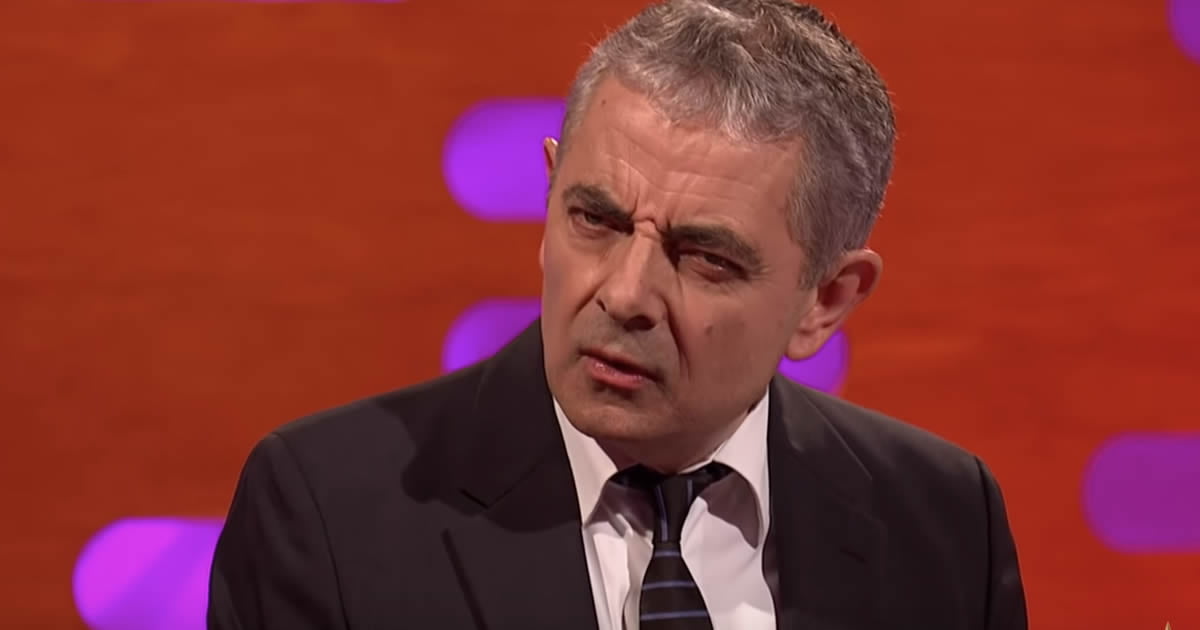This week, while sitting on a hot, crowded and delayed train,
I read a book which asked why God would create a world in
which suffering was possible. Cue an average
Tuesday punctuated by a series of minor existential crises. Yet later that
night, as I lay in bed, thought occurred to me: I still believed in God. And
what’s more, it took no more effort to believe in Him than it had the day
before. I believed, and that was that.
 While many Christians, at some time in their lives, will go
through periods of prolonged and serious doubts, I suspect that day-to-day
doubts like mine are a more consistent part of the lives of most Christians. Like an Agatha Christie in the middle of an
alphabetically-arranged bookshelves, these doubts stand out not because they
are commonplace, but because they are exceptional. We doubt, but then, our
questions resolved or unresolved, we find ourselves returning to belief. We
doubt but still find ourselves convinced.
While many Christians, at some time in their lives, will go
through periods of prolonged and serious doubts, I suspect that day-to-day
doubts like mine are a more consistent part of the lives of most Christians. Like an Agatha Christie in the middle of an
alphabetically-arranged bookshelves, these doubts stand out not because they
are commonplace, but because they are exceptional. We doubt, but then, our
questions resolved or unresolved, we find ourselves returning to belief. We
doubt but still find ourselves convinced.
Not that I have find myself absolutely certain that all of it
is true. Do I know whether God exists? Of course, I don’t. And neither does the
Pope. Nor Richard Dawkins, for that matter. No, I find myself in a place of
relative certainty. As certain I can be in the absence of definitive proof
either way.
Despite this, reason can help us deal with my doubts. While I
didn’t come to my belief in God through a process of reasoning, I find myself convinced
again and again by the arguments for His existence. And so, whenever my belief in God seems less
credible, or I am overly conscious of its weirdness, I remind myself of those arguments.
They help me to realise that my doubts are often not usually caused by any
resurgence of reason, but by my ever-changing emotions.
Yes, while we often think of doubts as what happens when we
cling on to what we feel to be true in spite of reason, just as often it is our
emotions that shape what we find credible. Bizarrely, on a sunny day when I’ve
had enough sleep and it feels like everything is right in the world, the
existence of God feels more likely. Similarly,
when I’m downing my third coffee of the morning, half-asleep at my desk yet
unusually aware of all my flaws and the inadequacies of my life, my belief in
God feels so much less rational. But the arguments for believing in God haven’t
in fact become more or less credible. They haven’t changed; I have. And so when
I remind myself of those arguments, I’m not trying to make them seem more
credible. I’m not trying to brainwash myself so that I can, in spite of reason,
carry on believing what I want to be true. I’m telling myself to carry on
believing, in spite of my changing emotions, what I have already reasoned to be
true.
That’s not to say that I don’t have any unresolved issues. I have
so many unanswered questions. It’s been
a whole three days since my mini-crisis of faith and I still haven’t sorted out
the problem of evil. Just thinking about it for a few seconds is starting to
make me feel a little bit stressed. Sometimes, I find even the good bits about
Christianity overwhelming. I struggle to understand, let alone feel excited
about, the prospect of heaven. While I can get behind the popular conception of
heaven as a sort of celestial safety net that is preferable to oblivion, I just
don’t connect with the idea that it could be a state of eternal fulfilment. To
be honest, I find the concept of eternity vaguely terrifying. I believe, even though
part of my doesn’t want it to be true.
I still try to deal with my unanswered questions. But I know
that any other worldview I adopted would come with its own unresolved issues. Take
the problem of evil, for example. I find it hard to comprehend why God would
allow a world in which evil was possible. Yet I also struggle to see how an
atheistic worldview could explain why I find that evil repulsive. Perhaps a
basic conscience could emerge as humans who cooperated with each other managed
to survive for longer. But how could that explain why we think rape is wrong? In
a morality governed by the survival of the fittest, why on earth would sexual
consent matter? Rape would be a good, perhaps even praiseworthy thing. And if
we could explain every aspect of our conscience using natural selection, why
would that evolved morality have any intrinsic value?
There are unresolved issues in any worldview. It just so
happens that I find Christianity both leaves fewer questions unanswered and gives
better answers to the rest. In the end, I find I still believe in spite of my
changing emotions because, while there are moments when I’m not convinced by
Christianity, I’ve certainly never been convinced by anything else.

No comments:
Post a Comment